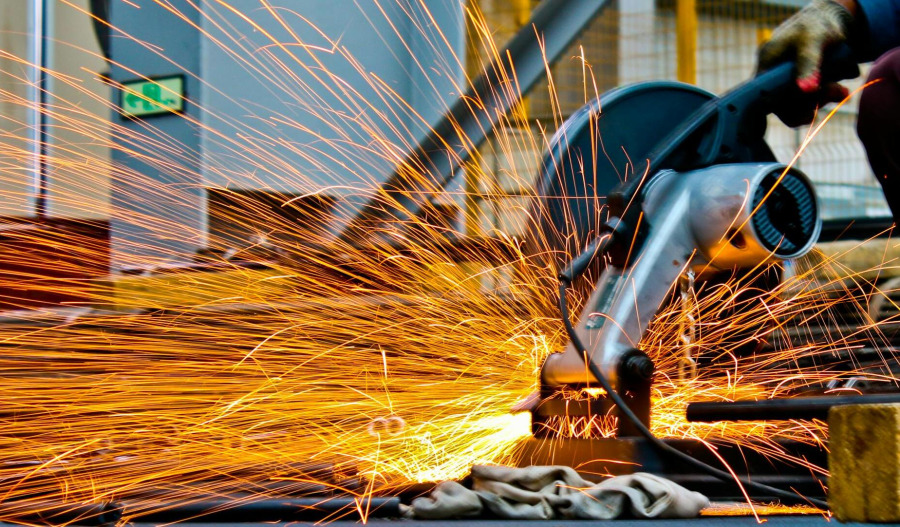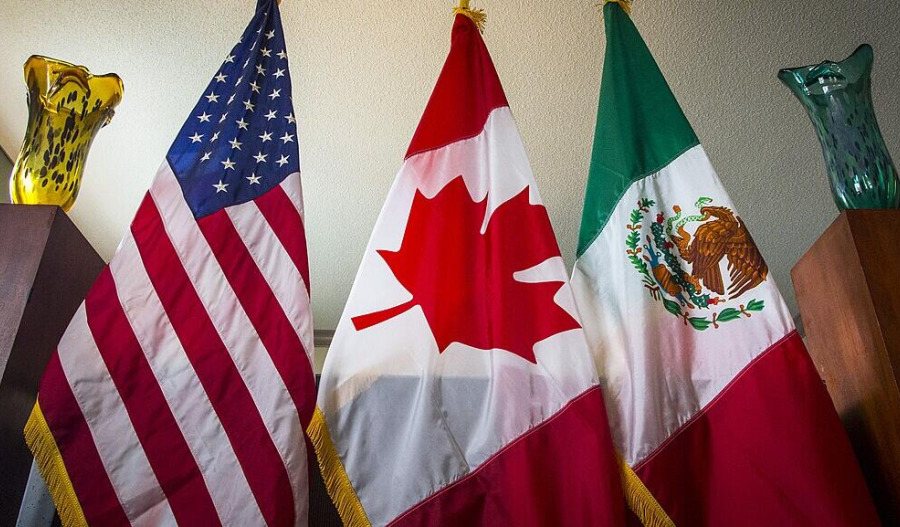Canada has granted tariff exemptions to some steel and aluminium imports from the United States and China, which it has said will sustain its supply chains.
Products from China that cannot be made in Canada and products from the U.S. related to critical industries have been granted remission. Canada added 25% retaliatory tariffs on U.S. steel and aluminium products in March, after the U.S. announced tariffs on Canadian steel and aluminium.
Current exemptions for U.S. imports used in manufacturing and by the health and national security sectors were extended for two months on Friday. “As negotiations to reach a trade deal with the U.S. continue, Canada’s new government is taking immediate action,” said Canada’s Minister of Finance François-Philippe Champagne.
The remission order for steel and aluminium entered into effect on 15 October. It has offered tariff relief to an additional 160 Canadian businesses, according to the order-in-council.
These exemptions are targeted at “exceptional circumstances”, according to Champagne, and are intended to maintain supply chains.
Some U.S. steel and aluminium products used by the public health, national security, agriculture, manufacturing, and food packaging sectors have been granted exemptions.
“We are disappointed to see a broad exception to tariffs was given to U.S. producers for another two months, while we suffer from lack of access to their market,” Canadian Steel Producers Association CEO Catherine Cobden said.
Around 40% of steel in the Canadian market is from foreign sources, the Canadian Steel Producers Association said in February. Roughly 600,000 tonnes of Chinese steel was imported last year.
Canadian President Mark Carney has been negotiating potential tariff relief for the steel, aluminium, and energy sectors with U.S. President Donald Trump, Carney said last week.
Related content



